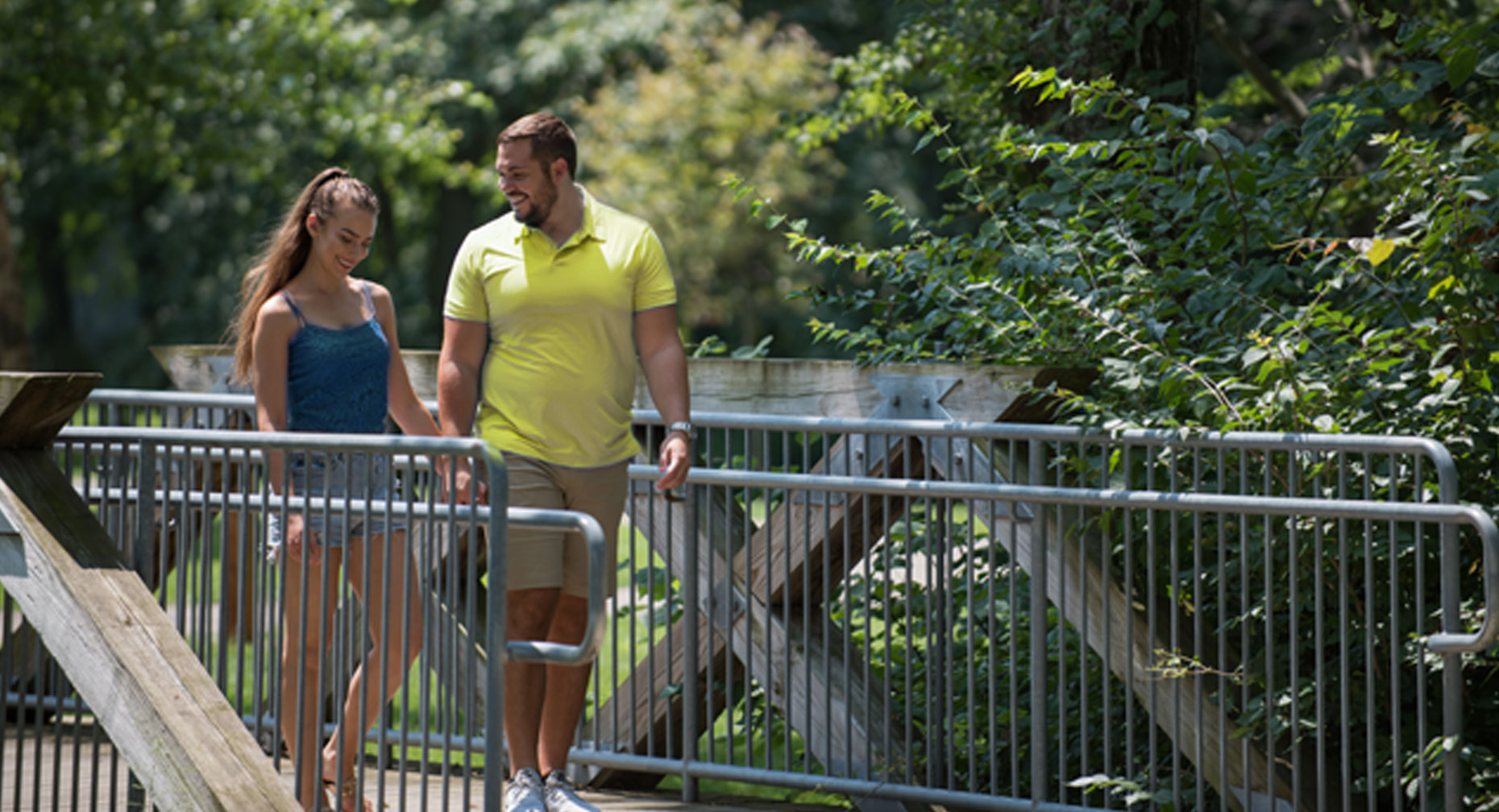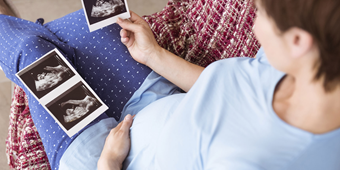Getting Pregnant After Miscarriage: Are You Ready?

Find Your Perfect Match
Answer a few questions and we'll provide you with a list of primary care providers that best fit your needs.
After a miscarriage, trying for another pregnancy brings up tough questions: When is the right time? What if another miscarriage happens? What are the chances of a healthy pregnancy?
It’s difficult to deal with uncertainty on top of the loss you are grieving. There is no perfect time or foolproof answer. But, talking to your doctor and being in tune with your body and emotions can help you to figure out when you’re ready.
When Is It Safe?
Health care providers have different opinions about how long to wait to try to conceive. Many recommend waiting through two or more normal menstrual cycles before you begin to try again, to give yourself space to heal physically and emotionally. And for that reason, some other doctors recommend that you wait at least six months.
However, a recent study from the National Institutes of Health finds no reason for delaying pregnancy attempts after a pregnancy loss without complications. In fact, findings indicated that pregnancies conceived within three months of a miscarriage have the same chances, if not greater, of achieving a live birth than those who wait for three months or more.
At the end of the day, the difference in recommendations also comes down to the fact that each woman — and her miscarriage — is unique. Since a miscarriage is considered to be any pregnancy loss before 20 weeks, that covers a very wide range of pregnancy experience. If your miscarriage was very early, your emotional and physical readiness will probably be different than for a later miscarriage.
Talking to your doctor and being in tune with your body and emotions can help you to figure out when you’re ready.
Will It Be Easier or Harder?

The recent NIH study offers potentially good news to those who feel ready to try for a pregnancy soon after miscarriage. In this study, women who tried to get pregnant within three months of miscarriage conceived more quickly than the ones who waited longer than three months. The study followed 1,200 women who had experienced miscarriage. More than 76 percent of these women tried to become pregnant again within three months of their miscarriage. Of the women who tried to get pregnant more quickly, 69 percent became pregnant, as opposed to 51 percent of those who waited more than three months.
However, while there may be no reason to wait physically, the NIH encourages couples to give themselves time to heal emotionally after their loss.
What Are the Chances of a Healthy Pregnancy?
The good news is that 85 percent of couples who experience one miscarriage go on to have a healthy pregnancy, says the American Pregnancy Association. For those who have experienced two or three miscarriages, 75 percent still achieve a successful pregnancy.
Consult with your doctor, who knows your personal situation. Let yourself grieve your loss and know that you are not alone. But have hope. When you’re ready, you can try again — and your chances are good that you’ll have a successful pregnancy.
Find Your Perfect Match
Answer a few questions and we'll provide you with a list of primary care providers that best fit your needs.
Source: American Pregnancy Association; National Institutes of Health




